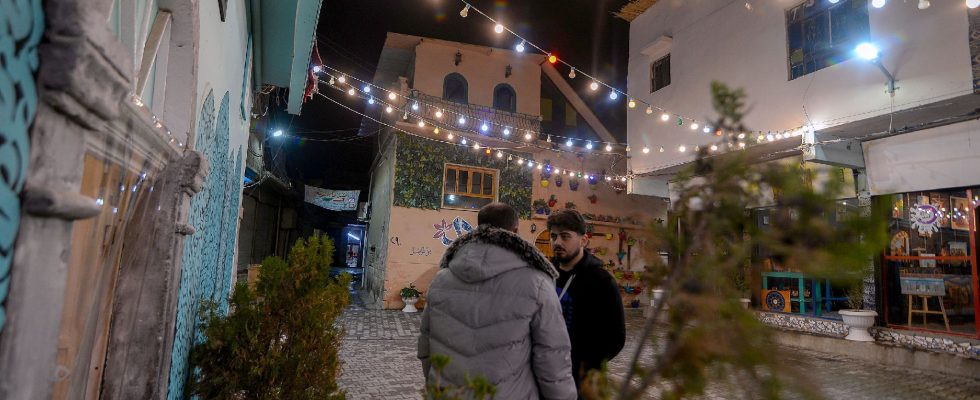One day, perhaps, the football gods will let Lionel Messi retire. In the meantime, the Argentine genius has already found his career path: he was recruited last year by Saudi Arabia as a “tourism ambassador”. His “work”, for several tens of millions of euros annually? Go on vacation to the most beautiful places in the Wahhabi kingdom, then share some photos with your friends 476 million fans on Instagram.
Lionel Messi is far from the only influencer in the Middle East orbit. Dubai, for example, specializes in hosting social media stars, particularly French ones, thanks to a 0% income tax rate. Sun, glamor and yachts: enough to make the whole world dream, especially the youngest.
Influencers attract other countries in the region, looking for a new image. Saddam Hussein’s dictatorship, American invasion, terrorism…, Iraq has gone through dark decades, but, a sign of an improvement, it has just created a visa for tourists and is welcoming its first travelers. “Our government does not have a single dollar to spend to bring Lionel Messi, so we can only count on YouTubers to show the true face of Iraq,” laughs Othman Anees, founder of the Visit Mosul agency .
“They saw photos on Instagram”
With the opening of the country, the young man sees hundreds of tourists arriving in his city of Mosul, occupied by Daesh from 2014 to 2017. Travelers are now rushing to visit the old city, which was the last stronghold of the terrorist group, but also the great Al-Nuri mosque (12th century) or the Bash Tapia fortress. “Everyone who comes does so because they saw a video on YouTube or photos on Instagram,” says Othman. “Some YouTubers are very popular, with hundreds of thousands of fans, and they share their discovery of Iraq, the security restored, the hospitality and the extraordinary food… They make tourism take off.”
However, these influencers will not be enough to transform Iraq into a leading destination. Bloodless, the State is reluctant to invest. “Travelers all tell me that Iraq is one of the ten most beautiful countries they have visited,” says Othman. “But there is no means of public transportation between cities (you have to take a taxi) and few hotels. Our infrastructure is as poor as our culture and history are rich…”
In neighboring Syria, the regime relies heavily on tourism. Despite the civil war, which has left nearly 500,000 dead since 2011, the government of Bashar al-Assad facilitates the arrival of Western influencers, who proclaim themselves “apolitical” and broadcast an image of Syria “in a way that traditional media does not. never show.” Very useful spokespersons for Damascus. “Thanks to these videos, the regime is no longer the only one to say that Syria is a safe country, with a stable political situation,” explains a former Syrian tourist guide exiled in France. On the ground, all these influencers are supported and “guided” by the secret police.”
In a video viewed more than two million times, the American YouTuber Jacob Laukaitis recounts his trip to Syria, “a heartbreaking experience”, and shows the reconstruction of the country, without mentioning the territories still held by the opponents. In a rural area, soldiers stop the young influencer’s car and arbitrarily take away his driver, accusing him of “complicity in terrorism”. A soldier replaces him at the wheel. Behind the varnish of the postcard, the true nature of current Syria reappears. For a few seconds of video.
